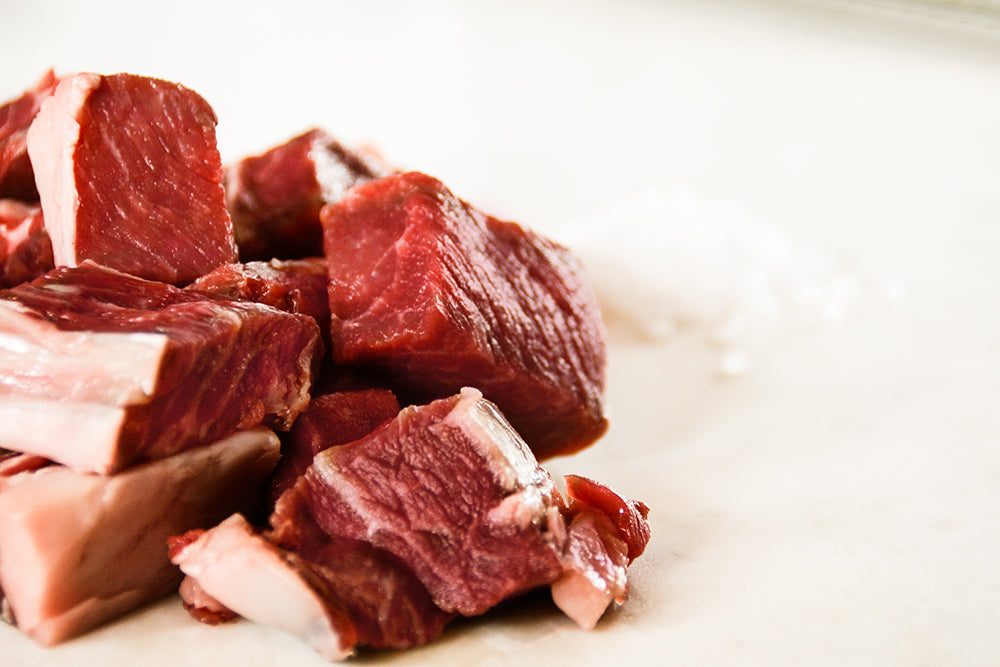
Is Your Pet Food Healthy?
We all know that what we eat affects our well-being and health. We eat healthy clean diets to keep us and our families healthy. But what about our pets? We want that’s the best for them but it’s very difficult to figure out what best is. There is so much contradictory information and we are recommended all kinds of food as healthy and appropriate! Well, we can use common sense to filter the information and make our best judgment call. If something is not healthy for us such chemicals, high sugar or highly processed foods, they are most probably not that healthy for our dogs either. Let’s look at sugar and what it can do to our dog:
If your dog
- Has itchy skin and scratches often
- Has red stains on their face or pinkish stains on their paws
- Has yeasty ears
- Licks their paws or bite their nails
- Has strong odor to their body
- Has stinky puffy stool
- Is too chunky or overweight
- Prefers sleeping to playing
- Has achy joints
If your answer is yes even to one of them, it may mean that your dog consumes food too high in sugar. where does sugar come from? Well, sugar in the form of starchy veggies such as corn, wheat, rice, potato, sweet potato or peas, is a large part of all dry kibble foods. Dry kibble food is a mix of meat (or animal products) and starch and it’s physically impossible to make kibble without starches. Some foods have more starch than the others. The more starch, the more likeliness for yeast, obesity, tiredness, and inflammation.
So why is starch not that great for our dogs? In simple words, starch has a very high glycemic index which means it spikes glucose in the blood very fast, faster than white table sugar. That kind of sugar feeds yeast, alters gut flora (bacteria) and promotes the inflammation. It creates the “sugar high” effect, when the person or the dog gets that surge of energy but then they are tired for a very long time. On the top of it, insulin is a “fat hormone” that tells cells to store fat!
It’s the yeast that makes dogs itchy, smelly and stains the fur in red, pink or brown color. Often, a simple change to the food with a lesser amount of starch helps to get rid of the yeast to lessen the smell, itchiness, and discoloration.
The same starch consumed in large quantities alters the stomach and gut flora (bacteria) as well as promotes inflammation. This may result in issues with proper digestion, or even worse, with leaky gut syndrome. The leaky gut syndrome is known well in humans – it’s when the gut lining becomes inflamed and gut flora seriously altered. The impaired gut lining allows bigger protein particles to get into the bloodstream which then creates an allergic reaction to that protein. So, the food allergies may just be caused by food high in starch. In humans, leaky gut syndrome is also a possible cause of many autoimmune conditions.
Inflammation doesn’t only affect the stomach, but it may also affect other organs and joints. This may be especially true if the dog has been eating a high starch food for a longer time.
If you are tired of picking up big, puffy and stinky poops, you can thank starch for helping make such waste. Starch doesn’t digest efficiently in a dog’s short and acidic digestive system so it’s expelled with the waste!
What now? What should we feed our dogs? The simple answer is food with more meat and less starchy veggies and there are some great choices out there. But use your logic and do the same homework you do with human foods – always read the ingredient list, look for natural high-quality ingredient and consider the amount of starch that’s in the food. Learn more about it in our next articles.
Written by Joanna Bronowicka, owner of Well Bred.
